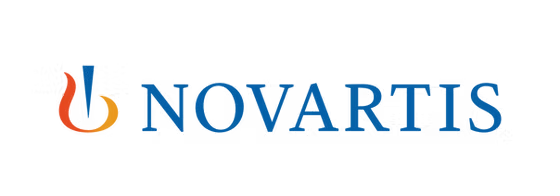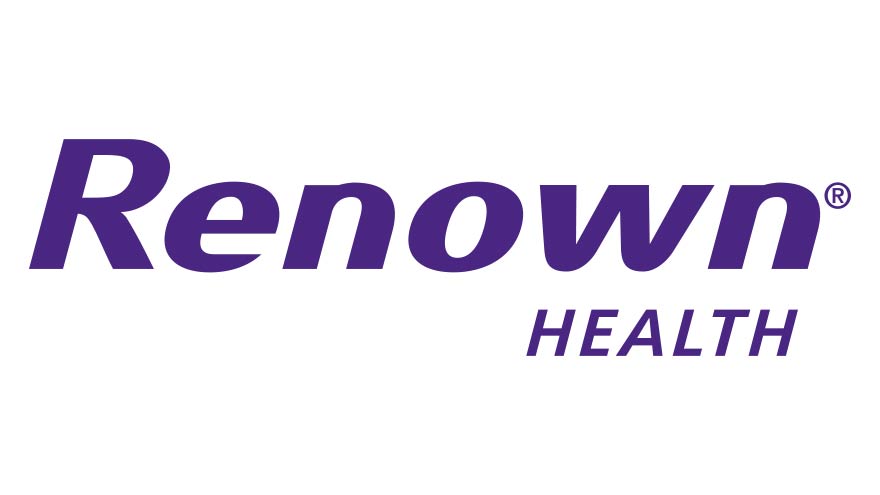
18 Aug 2022
Recruitment processes are equally important for both the candidate and the recruiter because they are a two-way street in which both the interviewer and the interviewee put their best foot forward to ensure an exceptional candidate experience.
Over the last decade, the recruitment process has evolved, and employers have begun to pay attention to their employees' needs and desires. According to research, employees choose their workplace not only based on salary and benefits, but also on their 'candidate experience.' This term refers to the candidate's overall experience with the organization's recruitment process.
It is never about a single candidate in the long run. Job review websites continue to be a reliable source, where current employees can leave reviews about their company for potential candidates. One bad experience ruins your organization's chances of hiring a talented employee – if it has any at all. Companies must remember that the hiring process is an interview for both them and the candidate. Talent chooses your company, so you must invest in quality RPO services to provide the best candidate experience possible.
Recruitment Process Outsourcing (RPO) services provide cost-effectiveness and process automation, bridging the gap between candidates and employers. As a result, the best candidate experience strengthens the employer's brand reputation and attracts new talent.
In this article, we'll look at how RPO services use cutting-edge technology and tools to engage candidates and foster a positive working relationships.
1. Optimization of a website
Your website is the first point of contact for your candidates with your organisation, where they can obtain the necessary information to apply. It must provide relevant and informative content, such as employee branding and value propositions, to assist your candidates.
2. A detailed job description
Candidates are constantly on the lookout for new job opportunities, and they expect an accurate and concise job description that explains the role and its responsibilities. Aside from the qualifications required, they are interested in learning about the company's values, salary, and benefits in an understandable manner.
3. Simple application process
Candidates do not have the time to fill out hundreds of applications all day in order to receive one call for a job interview, and they do not have the time to go through tedious application processes. This applies to both confident and passive job seekers who believe lengthy applications aren't worth the time and effort.
Simplify your application process by asking them exactly what you require and making it comprehensive and concise. Also, ensure that it is accessible from all devices, including smartphones, tablets, iPads, and laptops.
4. Recruitment process transparency
Candidates are better prepared and more satisfied if their hiring managers define the hiring process for them from the start. Make sure the process specifies the steps, their duration, and a point of contact. Concern for prospective candidates will alleviate their anxiety, self-doubt, and confusion.
5. A 'human' discussion
With a hectic recruitment process, employers often forget that candidates are more than resumés. They are people with thoughts, feelings, and emotions. Though automated email and telephone remain important tools for communication, support, and documentation, they do not, by any means, replace human interaction. RPO services, on the other hand, advertise the company and its open job position while also learning about the candidate's career expectations and background to arrive at a decision.
6. Communication is key
During the recruitment process, recruiters must communicate with their candidates regarding their application and interview status. No candidate likes to be ghosted after they send off an application or sit for an interview — so be in touch with them at all times. Recruitment-based email campaigns are helpful to keep the candidates engaged. Feel free to use existing email templates. Alternatively, create customized ones for a personal touch.
7. Highlight your company culture
As much as you advertise your company, its growth, and future expectations on the websites, candidates hesitate to decide until they have met the hiring manager and seen the office. Ask insightful questions, clarify the candidate’s doubts, complete the interview in thirty to forty minutes and show them around the workplace during lunch.
8. Timely and high-quality feedback
Candidates want to improve for their next job interview, and constructive feedback is always beneficial. Though they enjoy receiving good news over the phone, it is best to notify them via email if they were not chosen for the next round. Giving candidates feedback will encourage them to consider your company even if they are looking for a new job in the future. Because candidates know what they are looking for, asking for feedback allows you to fine-tune your recruitment process.
9. Consideration for the candidate's time
Candidates dislike waiting for days or weeks for a single response, especially if they have spent time, money, and effort polishing their resumé, applying for open positions, travelling for interviews, and waiting. Though statistics show that it can take up to three months to make a decision, this is ineffective because candidates only have ten days to wait. Respond to the interview within three to five business days, or at the very least keep them posted, so the candidate can accept the offer or look for other opportunities.
10. A positive candidate-recruiter relationship
Just because a candidate did not qualify for a specific job position does not mean they cannot compete for other positions in the future. Engage with high-quality candidates to shorten hiring and recruiting cycles and increase the talent pool. When an open position becomes available, select your candidates from the talent acquisition pool for further evaluation. Maintain a professional connection with them on LinkedIn and other social media platforms, host talent acquisition events, and include candidates in recruitment-related email campaigns.
Organizations, whether established or startups, must advertise their branding during the recruitment process in order to target quality candidates through automated campaigns while also providing data-driven insights. This can be accomplished by sharing relevant content across various media and platforms for a greater reach across the segment, industry, and city.
Recruitment processes are equally important for both the candidate and the recruiter because they are a two-way street in which both the interviewer and the interviewee put their best foot forward to ensure an exceptional candidate experience.











Comments (0)